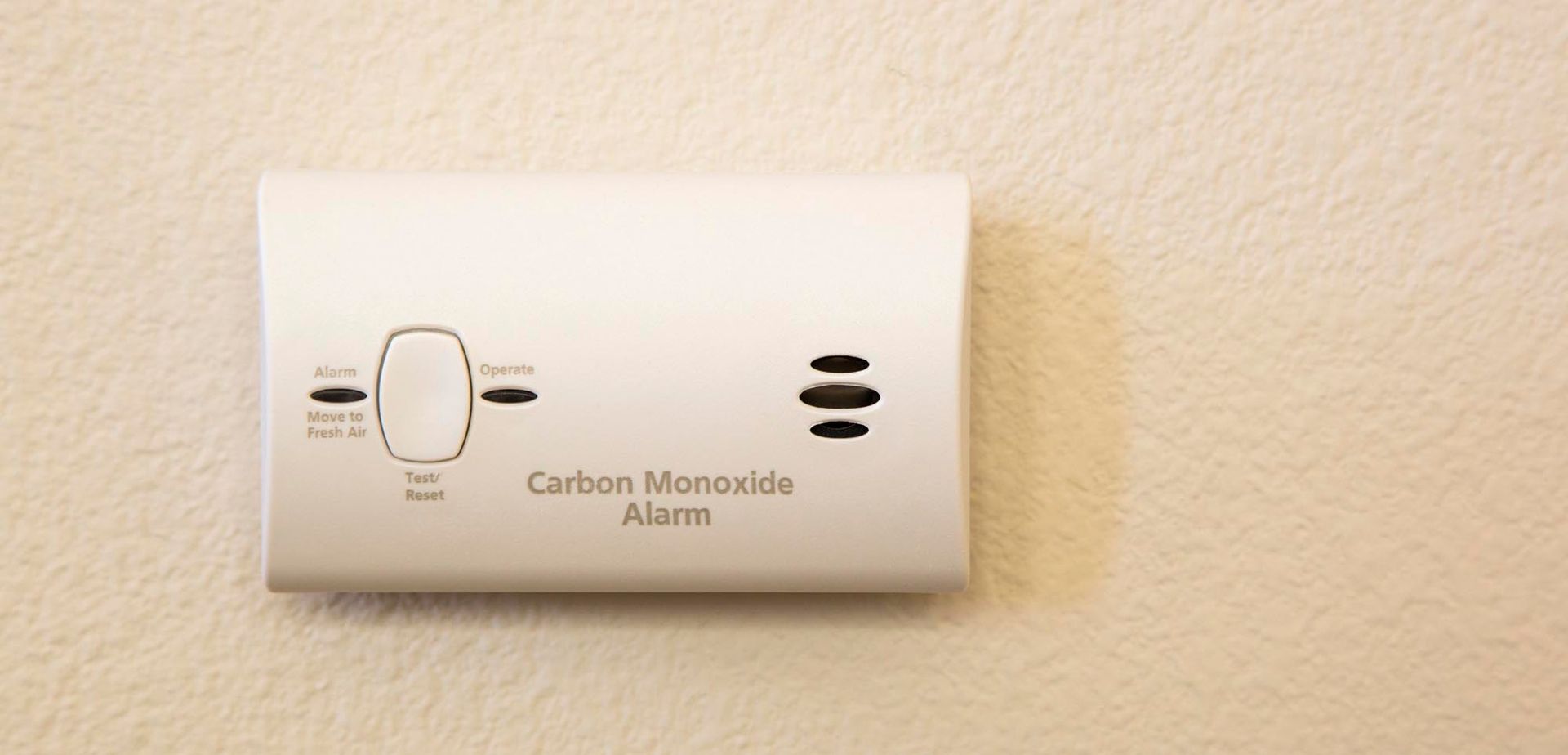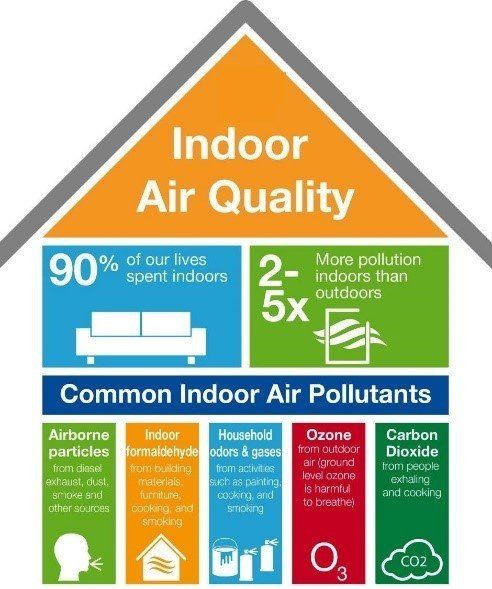Breathe Easier with Better Indoor Air Quality
Sleep Better. Breathe Easier. Live Healthier!
Call 843-305-5728 to get a free quote!
Call for an estimate
843-305-5728
A study by the US Environmental Protection Agency shows that indoor air quality is often five times (sometimes as much as 100 times) more polluted than outdoors.
On average, people spend 90 percent of their time indoors but don’t know that indoor air can be two to five times more polluted than outside air.
The US Environmental Protection Agency (EPA) has indoor air quality ranked among the top five environmental dangers to public health. Poor indoor air quality can contribute to severe asthma and allergy development in children and heart problems and lung cancer in children and adults.
Clearing the Air We Breathe Indoors
At Coastal Air Plus, creating lasting relationships is what we're all about. Rest easy knowing that our reliable heating, cooling, and plumbing professionals will make your home safe and comfortable for every season.
Call 843-305-5728
Call 843-305-5728 for an Indoor Air Quality Assessment.
BEST PRACTICES FOR A HEALTHY HOME
What Can You Do To Improve Your Home’s Air Quality?
Follow the recommendations below to help improve your home’s air quality:
- Ensure proper ventilation around fuel-burning appliances like furnaces, fireplaces, ranges, and heaters.
- Use proper ventilation when cleaning, painting, or using harsh chemical products in your home.
- Replace and maintain your home’s air filters at least once a season.
- Have your ductwork tested for leaks.
- Clean your humidifiers and dehumidifiers regularly.
- Keep your house clean by regularly vacuuming (use a HEPA vacuum cleaner), washing bedding, and leaving shoes at the door.
- Install a carbon monoxide detector, test for radon, and leave the asbestos to the professionals!
- Install an indoor air quality solution (call for details).
Call 843-305-5728 for a free consultation and quote.
Indoor Air Quality (IAQ) Frequently Asked Questions
-
What Are Some Symptoms of Poor Indoor Air Quality?
Poor indoor air quality symptoms depend on the particular contaminant and are sometimes mistaken for allergies, stress, colds, or flu. These associated symptoms include coughing, sneezing, fatigue, dizziness, headaches, nose bleeds, sore throat, and upper respiratory congestion. Your air quality can also contribute to developing or exacerbating more severe conditions, including infections, lung diseases, asthma, and heart disease.
-
What Are Some Causes of Poor Indoor Air Quality?
Indoor air quality is affected by anything that releases gas or particles, which include combustion, personal-care products and activities, and even outdoor air quality.
Inadequate ventilation will trap contaminated air inside and can keep clean, fresh air from getting in. If you have unmaintained heating and air conditioning systems, your clogged air filters and dirty ducts will contribute to dust and mites. Dampness in your house caused by floods, leaks, high humidity, or an unmaintained humidifier or dehumidifier can create mold and bacteria. Call Coastal Air Plus for help in detecting the possible sources in your home.
-
Will a Dehumidifier Help Improve Indoor Air Quality?
A dehumidifier removes moisture from the air. Excess moisture can cause a number of visible and invisible issues in your home. Old and new houses alike experience different phases of humidity levels for many different reasons.
Newer or remodeled homes have better insulation than ever before. While this cuts energy costs, it also creates less air flow and traps humidity. Older houses can have poorly insulated pipes, windows, and cool surfaces, which can create moisture when mixed with warm interior air. Your daily activities can also contribute to the humidity level in your home.
Signs You May Need a Dehumidifier
- Condensation on your windows or doors - water beading or fog/vapor on the glass of your windows
- Mold spots on your ceiling or the corners of your walls
- Musty odor
- Spring water run-off
- Blistering paint or peeling wallpaper
- Creaky doors/windows/floors







